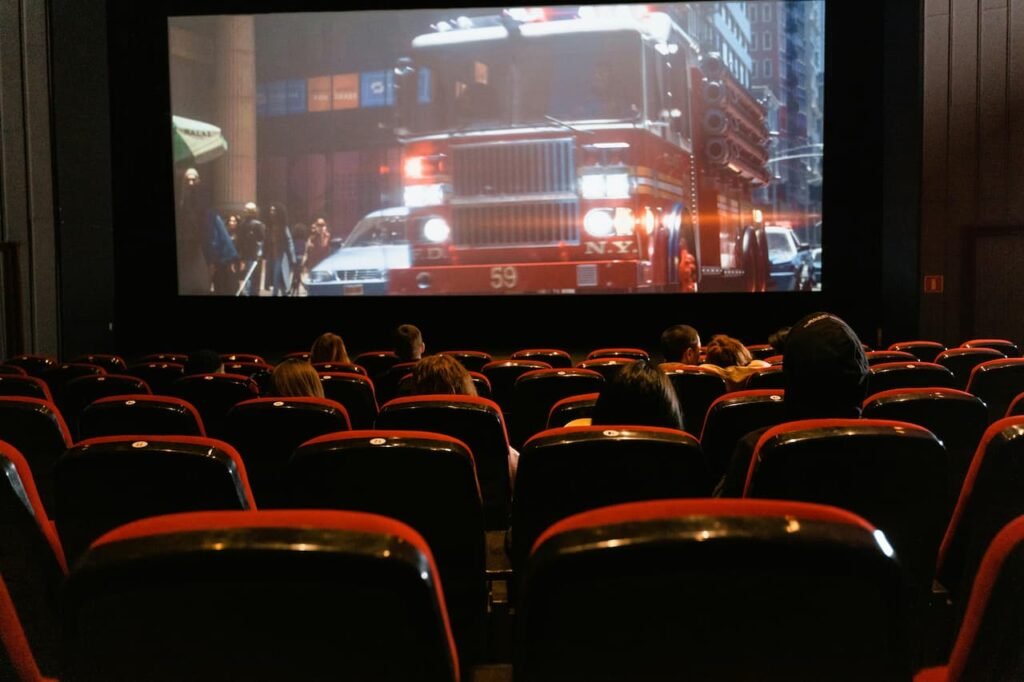
Entertainment has always been an integral part of human culture, evolving alongside us through the ages. From ancient storytelling around campfires to the latest binge-worthy series on streaming platforms, the ways we amuse ourselves reflect broader societal changes and technological advancements. Let’s explore how entertainment has transformed over the years and where it’s heading in the future.
The Origins of Entertainment
In ancient times, entertainment was largely communal and often intertwined with religious and cultural rituals. Storytelling, music, and dance were primary forms of entertainment, serving both to amuse and to pass down traditions and histories. The ancient Greeks introduced the concept of theatre, with tragedies and comedies performed in amphitheaters, laying the foundation for modern-day plays and movies.
The Golden Age of Cinema

The invention of the motion picture in the late 19th century revolutionized entertainment. Silent films captivated audiences worldwide, with stars like Charlie Chaplin becoming household names. The introduction of sound in the 1920s, known as the “talkies,” further transformed the industry, leading to the Golden Age of Hollywood. Iconic films from this era, such as “Gone with the Wind” and “Casablanca,” continue to be celebrated today.
The Rise of Television
The mid-20th century saw television become a staple in households, changing how people consumed entertainment. TV brought the world into living rooms, with news, dramas, comedies, and variety shows becoming part of daily life. The advent of color TV, satellite broadcasts, and cable networks expanded the scope and quality of content available.
The Digital Revolution
The late 20th and early 21st centuries introduced the digital revolution, drastically altering the entertainment landscape. The internet made information and media accessible globally, giving rise to platforms like YouTube, where anyone could create and share content. Video games evolved from simple arcade games to complex, immersive experiences, captivating a broad audience.
The Streaming Era
In recent years, streaming services like Netflix, Hulu, and Disney+ have changed how we watch TV and movies. Binge-watching entire seasons in one sitting has become common, and the variety of content available is staggering. Original programming from these platforms has also set new standards for quality and creativity in the industry.
The Future of Entertainment
The future of entertainment looks to be driven by technology. Virtual reality (VR) and augmented reality (AR) are becoming more mainstream, offering immersive experiences that blur the line between the virtual and real worlds. Artificial intelligence (AI) is being used to personalize content recommendations and even create new forms of entertainment, such as AI-generated music and art.
Interactive storytelling, where viewers can influence the plot, is also gaining popularity. Shows like “Black Mirror: Bandersnatch” on Netflix have paved the way for this format, making viewers active participants rather than passive consumers.
Conclusion
Entertainment is a dynamic and ever-changing field that reflects the technological and cultural shifts of society. From ancient storytelling to modern streaming, the ways we amuse ourselves continue to evolve, promising even more innovative and immersive experiences in the future. As technology advances, so too will our methods of entertainment, ensuring that there will always be new and exciting ways to be entertained.

